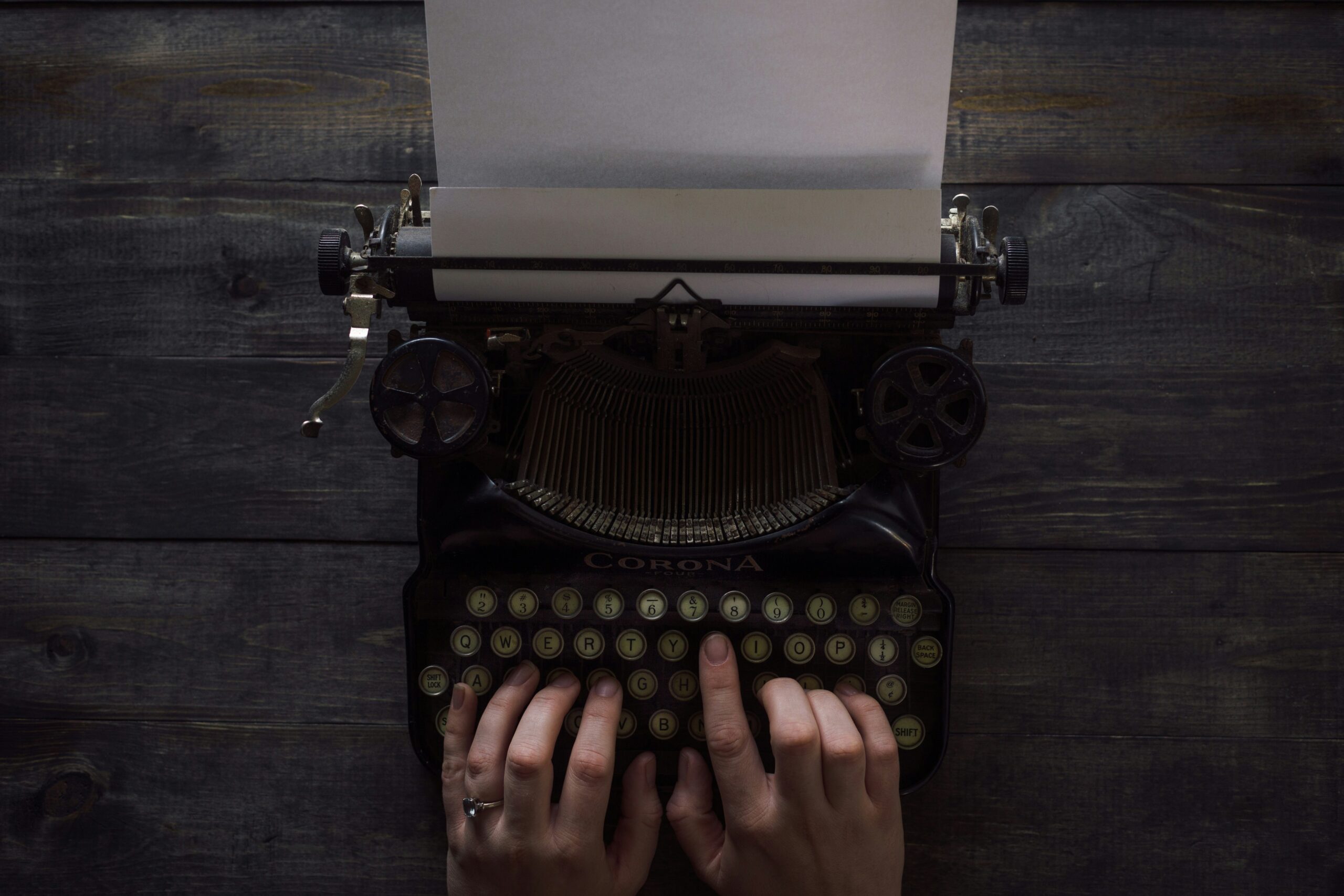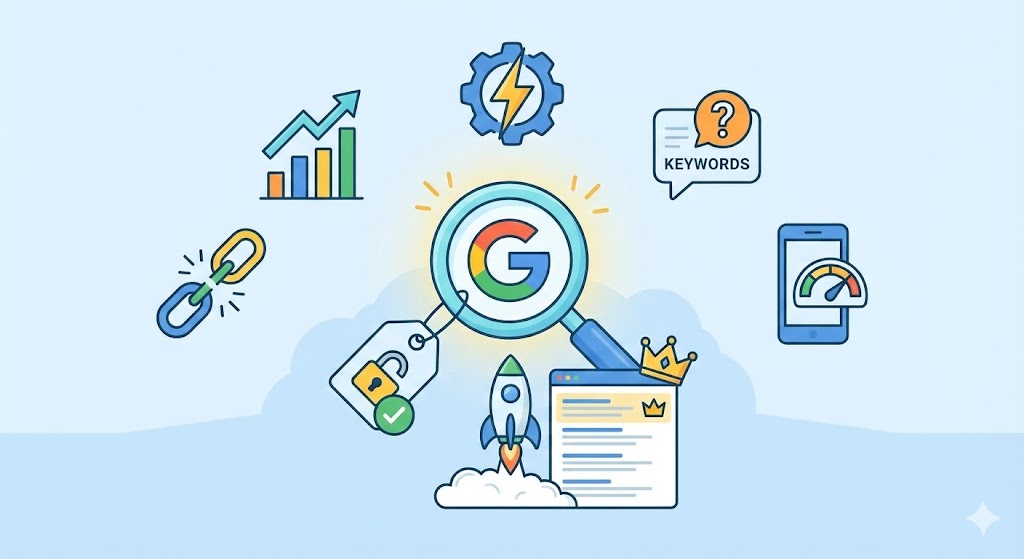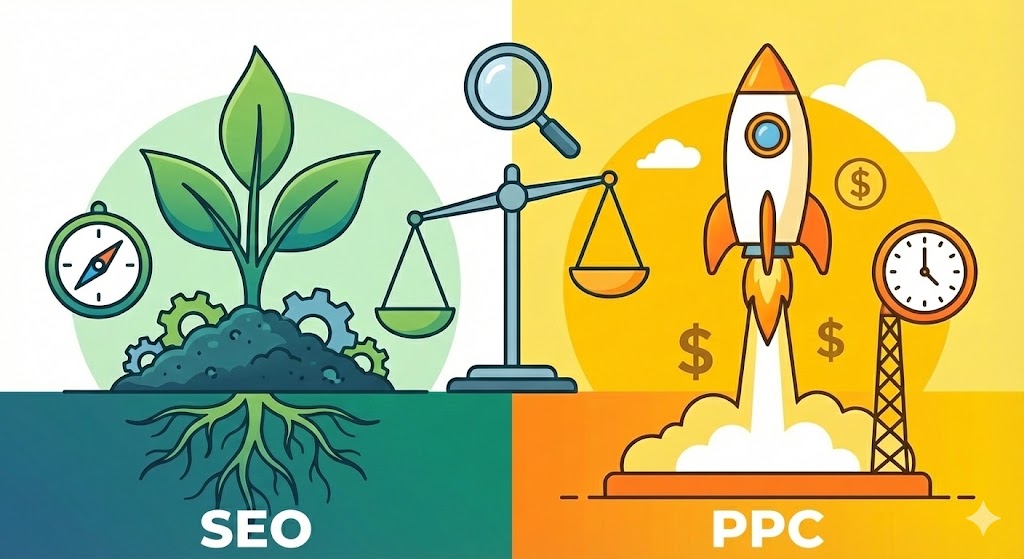Artificial intelligence has emerged as a transformative force in various fields, and creative writing is no exception. The integration of AI into the writing process has opened up new avenues for authors, allowing them to explore innovative ideas and enhance their storytelling capabilities. By analyzing vast amounts of data, AI can assist writers in generating content that resonates with audiences, providing insights that may not have been readily apparent.
This technology serves as a tool that complements human creativity, rather than replacing it, fostering a collaborative environment where both AI and writers can thrive. Moreover, AI’s ability to process language patterns and understand context enables it to offer suggestions that can refine a writer’s work. For instance, it can identify repetitive phrases or suggest synonyms that enhance the richness of the text.
This capability allows writers to focus on their unique voice while benefiting from the analytical prowess of AI. As writers embrace this technology, they can harness its potential to streamline their creative processes, ultimately leading to more polished and engaging narratives.
Key Takeaways
- AI can assist in generating original ideas and enhancing writing style and tone.
- Ethical considerations are crucial when using AI in creative writing.
- AI is transforming the creative writing industry but presents implementation challenges.
- Writers need strategies to collaborate effectively with AI tools.
- The future of AI in creative writing holds both opportunities and limitations.
Exploring the Potential of AI in Generating Original Ideas
One of the most exciting aspects of AI in creative writing is its potential to generate original ideas. By analyzing existing literature and understanding various genres, AI can propose concepts that writers may not have considered. This can be particularly beneficial during brainstorming sessions, where writers often grapple with creative blocks.
With AI’s assistance, they can explore a plethora of themes, characters, and plot twists that can serve as a springboard for their narratives. In addition to generating ideas, AI can also help writers refine their concepts by providing feedback on their viability. For example, an AI system can analyze trends in popular literature and suggest modifications to ensure that a writer’s idea aligns with current reader preferences.
This data-driven approach allows authors to create stories that are not only original but also relevant to contemporary audiences.
By leveraging AI’s capabilities, writers can push the boundaries of their creativity and produce work that stands out in a crowded literary landscape.
Leveraging AI to Enhance Writing Style and Tone

AI’s role in enhancing writing style and tone cannot be overstated. With its ability to analyze various writing styles, AI can provide valuable insights into how different tones resonate with readers. For instance, it can suggest adjustments to sentence structure or word choice that align with a specific genre or audience demographic.
This level of customization allows writers to tailor their work more effectively, ensuring that their voice is both authentic and engaging. Furthermore, AI tools can assist in maintaining consistency throughout a piece of writing. By tracking stylistic elements such as punctuation, grammar, and vocabulary usage, AI can help writers avoid common pitfalls that may detract from the overall quality of their work.
This support enables authors to focus on their storytelling while ensuring that their writing remains polished and professional. As a result, writers can produce content that not only captivates readers but also reflects their unique artistic vision.
Ethical Considerations in AI-Generated Creative Writing
As the use of AI in creative writing becomes more prevalent, ethical considerations must be addressed. One significant concern is the potential for plagiarism or the unintentional replication of existing works. Writers must be vigilant in ensuring that their use of AI does not infringe upon the intellectual property rights of others.
This necessitates a clear understanding of how AI generates content and the importance of originality in creative endeavors. Additionally, there is the question of authorship and ownership when it comes to AI-generated content. If an AI system produces a story or poem, who holds the rights to that work?
This ambiguity raises important legal and ethical questions that the creative community must grapple with as technology continues to evolve.
Writers should engage in discussions about these issues to establish guidelines that protect both human creativity and the contributions made by AI.
The Impact of AI on the Creative Writing Industry
| AI Tool | Key Features | Creativity Level | Ease of Use | Output Quality | Best For |
|---|---|---|---|---|---|
| ChatGPT (GPT-4) | Contextual understanding, versatile styles, long-form content | High | Very Easy | Excellent | Storytelling, dialogue, brainstorming |
| Sudowrite | Creative prompts, rewriting, expanding text | High | Easy | Very Good | Fiction writers, novelists |
| Jasper AI | Templates, tone adjustment, SEO integration | Medium-High | Easy | Good | Marketing copy, creative content |
| Writesonic | Multiple content types, AI article writer, idea generation | Medium | Easy | Good | Blog posts, short stories |
| AI Dungeon | Interactive storytelling, dynamic narratives | Very High | Moderate | Good | Role-playing, adventure stories |
The introduction of AI into the creative writing industry has had a profound impact on how stories are conceived and produced. Traditional publishing models are being challenged as self-publishing platforms become more accessible, allowing writers to reach audiences directly. In this landscape, AI tools can help authors navigate the complexities of marketing and distribution by analyzing reader preferences and suggesting targeted strategies.
Moreover, AI has the potential to democratize the writing process by providing resources to aspiring authors who may lack formal training or access to traditional publishing avenues. With user-friendly AI writing assistants available, individuals from diverse backgrounds can express their creativity and share their stories with the world. This shift not only enriches the literary landscape but also fosters a more inclusive environment where varied voices can be heard.
Overcoming Challenges in Implementing AI for Creative Writing

Despite the numerous benefits of integrating AI into creative writing, challenges remain. One significant hurdle is the learning curve associated with adopting new technologies. Writers may feel overwhelmed by the prospect of using AI tools effectively, leading to resistance or frustration.
To overcome this barrier, educational resources and workshops should be made available to help authors understand how to leverage AI in their writing processes. Additionally, there is a need for ongoing dialogue between writers and technologists to ensure that AI tools are designed with the needs of creative professionals in mind. By collaborating on the development of these technologies, both parties can work together to create solutions that enhance the writing experience without compromising artistic integrity.
This partnership will be crucial in addressing concerns related to usability and functionality while maximizing the potential benefits of AI in creative writing.
The Future of AI in Creative Writing: Opportunities and Limitations
Looking ahead, the future of AI in creative writing presents both opportunities and limitations. On one hand, advancements in natural language processing and machine learning will continue to enhance AI’s capabilities, allowing for even more sophisticated interactions between writers and technology. As these tools become more intuitive and user-friendly, they will likely become an integral part of the writing process for many authors.
On the other hand, it is essential to recognize the limitations of AI in creative writing. While it can assist with idea generation and stylistic enhancements, it cannot replicate the depth of human emotion or experience that often drives compelling storytelling. Writers must remain vigilant in maintaining their unique voices and perspectives, ensuring that their work reflects their individuality rather than becoming overly reliant on technology.
Balancing these opportunities and limitations will be key to navigating the evolving landscape of creative writing.
Tips for Writers to Collaborate Effectively with AI
To maximize the benefits of collaborating with AI in creative writing, authors should consider several strategies. First and foremost, writers should approach AI as a partner rather than a replacement for their creativity. By viewing these tools as collaborators that can enhance their work, authors can foster a more productive relationship with technology.
Additionally, writers should experiment with different AI tools to find those that best suit their needs and preferences. Each tool offers unique features and capabilities, so exploring various options will help authors identify which ones align with their writing style and goals. Furthermore, maintaining an open mind about feedback from AI can lead to unexpected insights that enrich a writer’s work.
Lastly, writers should prioritize continuous learning about both their craft and emerging technologies. Staying informed about advancements in AI will enable authors to adapt their practices accordingly while ensuring they remain at the forefront of innovation in creative writing. By embracing this collaborative approach, writers can harness the power of AI to elevate their storytelling while preserving their artistic integrity.
If you’re exploring the best AI tools for creative writing, you might find it interesting to read about how to effectively market your writing online. A related article that could enhance your understanding of promoting your creative work is the <a href=’https://a2zbookmark.com/ultimate-guide-performance-marketing-beginners/’>Ultimate Guide to Performance Marketing for Beginners. This resource provides valuable insights into marketing strategies that can help you reach a wider audience and maximize the impact of your writing.
FAQs
What is AI for creative writing?
AI for creative writing refers to artificial intelligence tools and software designed to assist or automate the process of generating written content, such as stories, poems, scripts, and other creative texts. These AI systems use natural language processing and machine learning to produce human-like writing.
How does AI help in creative writing?
AI helps creative writing by providing ideas, generating text based on prompts, suggesting improvements, and overcoming writer’s block. It can create drafts, offer stylistic suggestions, and help writers experiment with different narrative styles or genres.
Are AI-generated writings original?
AI-generated writings are created based on patterns learned from large datasets of existing texts. While the output is generated anew each time, it may sometimes resemble existing content. Most AI tools aim to produce unique text, but users should review and edit to ensure originality and avoid plagiarism.
Can AI replace human creativity in writing?
AI can assist and enhance human creativity but does not fully replace the nuanced imagination, emotional depth, and cultural understanding of human writers. It is best used as a collaborative tool rather than a complete substitute for human creativity.
What are some popular AI tools for creative writing?
Popular AI tools for creative writing include OpenAI’s ChatGPT, Jasper AI, Sudowrite, ShortlyAI, and Writesonic. These platforms offer various features like story generation, brainstorming assistance, and editing support.
Is AI for creative writing suitable for all genres?
AI can be used across many genres, including fiction, poetry, screenwriting, and marketing copy. However, the effectiveness may vary depending on the complexity and style of the genre, and human input is often needed to refine the output.
Do AI creative writing tools require technical skills?
Most AI creative writing tools are designed to be user-friendly and do not require advanced technical skills. Users typically interact with these tools through simple text prompts or interfaces, making them accessible to writers of all levels.
Are there ethical concerns with using AI in creative writing?
Yes, ethical concerns include issues of authorship, originality, potential bias in AI-generated content, and the impact on human writers’ jobs. It is important to use AI responsibly, credit AI assistance appropriately, and ensure content complies with copyright laws.
Can AI tools improve writing skills?
AI tools can help improve writing skills by providing instant feedback, suggesting vocabulary enhancements, and demonstrating different writing styles. However, consistent practice and human learning remain essential for skill development.
Is AI-generated creative writing accepted in publishing?
Acceptance varies by publisher and context. Some publishers are open to AI-assisted writing if the human author is transparent about the process, while others may have restrictions. It is advisable to check specific guidelines before submitting AI-generated work.




